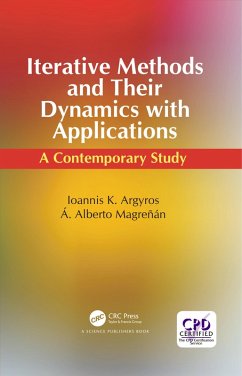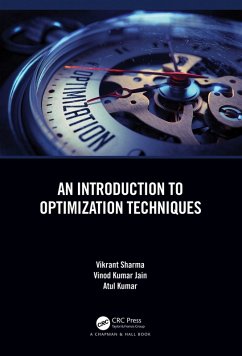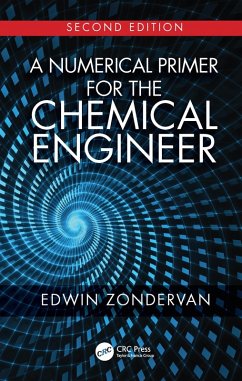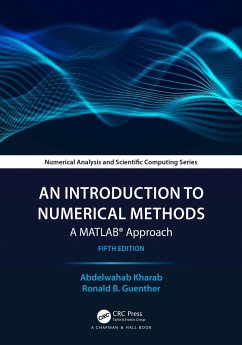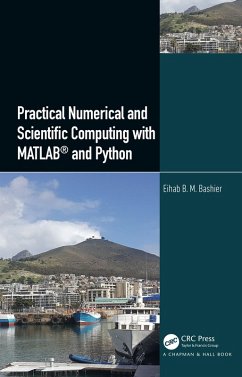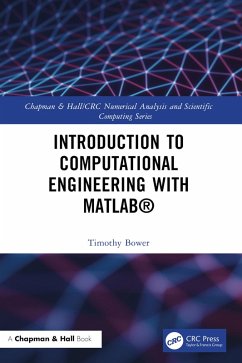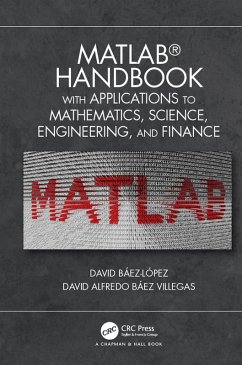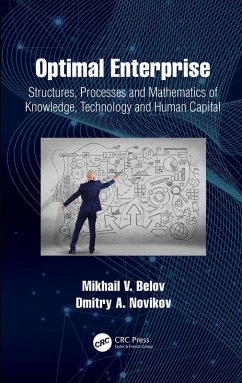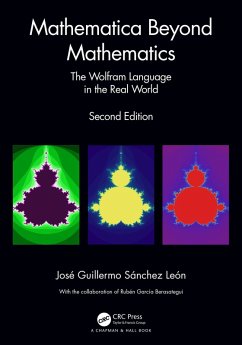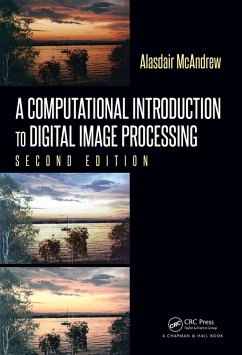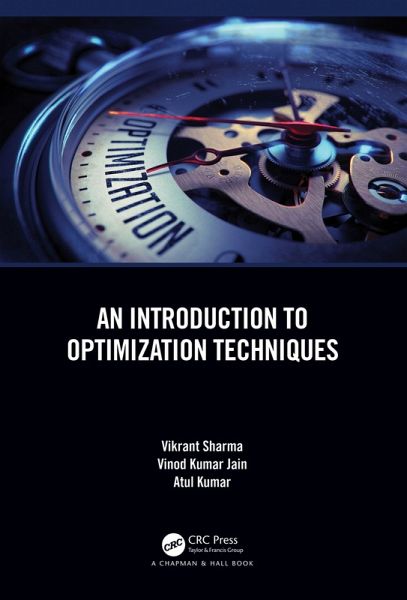
An Introduction to Optimization Techniques (eBook, PDF)
Versandkostenfrei!
Sofort per Download lieferbar
124,95 €
inkl. MwSt.
Weitere Ausgaben:

PAYBACK Punkte
62 °P sammeln!
An Introduction to Optimization Techniques introduces the basic ideas and techniques of optimization. Optimization is a precise procedure using design constraints and criteria to enable the planner to find the optimal solution. Optimization techniques have been applied in numerous fields to deal with different practical problems.This book is designed to give the reader a sense of the challenge of analyzing a given situation and formulating a model for it while explaining the assumptions and inner structure of the methods discussed as fully as possible. It includes real-world examples and appli...
An Introduction to Optimization Techniques introduces the basic ideas and techniques of optimization. Optimization is a precise procedure using design constraints and criteria to enable the planner to find the optimal solution. Optimization techniques have been applied in numerous fields to deal with different practical problems.
This book is designed to give the reader a sense of the challenge of analyzing a given situation and formulating a model for it while explaining the assumptions and inner structure of the methods discussed as fully as possible. It includes real-world examples and applications making the book accessible to a broader readership.
Features
The wide and emerging uses of optimization techniques make it essential for students and professionals. Optimization techniques have been applied in numerous fields to deal with different practical problems. This book serves as a textbook for UG and PG students of science, engineering, and management programs. It will be equally useful for Professionals, Consultants, and Managers.
This book is designed to give the reader a sense of the challenge of analyzing a given situation and formulating a model for it while explaining the assumptions and inner structure of the methods discussed as fully as possible. It includes real-world examples and applications making the book accessible to a broader readership.
Features
- Each chapter begins with the Learning Outcomes (LO) section, which highlights the critical points of that chapter
- All learning outcomes, solved examples and questions are mapped to six Bloom Taxonomy levels (BT Level)
- Book offers fundamental concepts of optimization without becoming too complicated
- A wide range of solved examples are presented in each section after the theoretical discussion to clarify the concept of that section
- A separate chapter on the application of spreadsheets to solve different optimization techniques
- At the end of each chapter, a summary reinforces key ideas and helps readers recall the concepts discussed
The wide and emerging uses of optimization techniques make it essential for students and professionals. Optimization techniques have been applied in numerous fields to deal with different practical problems. This book serves as a textbook for UG and PG students of science, engineering, and management programs. It will be equally useful for Professionals, Consultants, and Managers.
Dieser Download kann aus rechtlichen Gründen nur mit Rechnungsadresse in A, B, BG, CY, CZ, D, DK, EW, E, FIN, F, GR, HR, H, IRL, I, LT, L, LR, M, NL, PL, P, R, S, SLO, SK ausgeliefert werden.




